Culture, Social life and Sociocultural systems - Part 1: Introduction
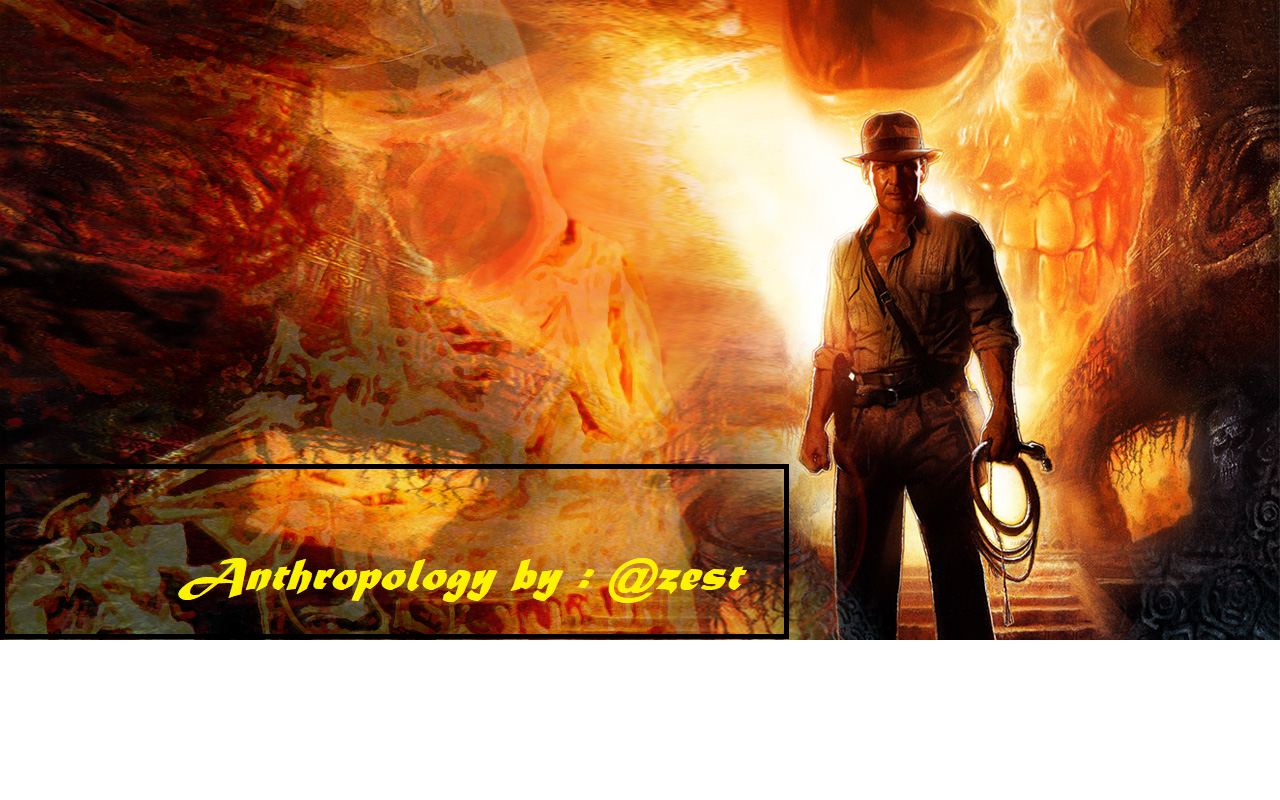
Culture, Social life and Sociocultural systems - Part 1: Introduction
Introduction
- How do humans develop sociocultural systems or culture?
- How do humans meet the challenges of survival?
- How do humans respond to the challenges of adapting to their physical or natural environments?
- How do humans adapt to each other (ie their human environment), for example, in order to live together in smaller or larger groups, and with people in other groupings?
How do humans:
- regulate relationships between kin?
- maintain health and prevent sickness?
- regulate relationships within a community and between communities?
- satisfy the need for creative expression?
- communicate?
- provide for their material needs?
- provide for the need to explain the inexplicable and to relate to supernatural beings?
- provide for a process of learning or acquiring or passing on acquired knowledge and appropriate behavior, that is, culture?
- ensure that they live together in an orderly manner?
These questions are intended to focus our attention on the fact that human adaptation has become mainly cultural and not biological, and that different aspects (parts) of culture, that is, the various sociocultural systems, are more specific responses to the demands of living (and living together) and that they thus fulfil particular functions.
During their evolutionary development, humans, like all animals, have continually faced the challenge of adapting to their environment. By means of natural selection, organisms adapt, biologically, as more favorable anatomical and physiological features develop (ie to cope with the development). For example, body hair protects mammals from the effects of extreme temperatures; other physiological traits (eg fangs and claws) enable animals to protect themselves and, of course, hunt for food.
The term adaptation refers to a gradual process by which organisms (including animals and humans) adjust to the conditions of the locality in which they live.
Human beings, however, have progressively become dependent on cultural, rather than biological, adaption. Because humans have a combination of particular intellectual and physical attributes, abilities and skills they have increasingly adjusted and changed their environment rather than adapted to it.
Human beings do not have enough hair or fur covering their bodies to protect them in cold climates, but they can make coats and blankets (even electric blankets or thermal underwear!) and fires and build shelters or houses to protect themselves from the cold. Humans beings all over the world use a vast array of objects - tools, artefacts and appliances - which they use to shape or manipulate the environment to their benefit. If we consider only the procurement /production and processing of food, imagine a situation where:
- there were no ploughs, tractors and harvesting machinery to produce food
- the San bushmen did not have no bows and arrows or digging sticks to hunt game or dig for roots and bulbs
- kitchens did not have stoves, fridges, ovens, pots or kettles with which to prepare food
- there were no matches or lighters to start a fire
This list is, of course, endless.
By manipulating the environment, human beings have been able to live in different, even extreme environments, from the dry, hot Kalahari Desert to the icy Arctic Regions. The process of doing this what is known as the technology or material culture of a community. Importantly, though, human beings have not only adapted to their environment by means of material objects
- they have also developed sociocultural systems, that is, different ways of organising their lives and themselves to better deal with the environment. The various aspects of systems of culture are manifestations of human beings' creative responses to the challenge of survival, of adapting to the environment and to other people within or beyond their own group.
These creative responses produce culture and, of course, the different aspects and systems of culture (ie the various spheres of human activity). Let us consider a few examples:
- The production, as well as the distribution and consumption of food, takes place in an organised manner. This is how a community's economic system comes into being.
- The human body is exposed to disease and ailments as well as psychological and psychic deviations. In order to prevent disease and restore health, people create a medical system.
- People are not only threatened by diseases but may also be threatened or attacked by other people. This means that all human beings take measures to protect and defend themselves, often in a highly organised manner. This is how a military organisation or system comes into being.
- Human adaptation in order to survive in the natural environment is not an individual effort. People associated with each other in order to reproduce, they marry and start family units and organise themselves in other social units so that they can live together in an orderly manner. This is how kinship system comes into being which I will discuss in much further detail in my next series.
- A political system develops from the appointment or recognition of a leader or an authoritative body which makes the rules and laws and which is accepted and obeyed by the members of the community
- A judicial system comes into being because people need rules and laws if they are to live together in an orderly manner. These rules and laws are enforced by means of courts and other sanctions. The judicial system is headed by recognised leaders or officials (eg judges).
- In order to pass on accumulated knowledge and the rules for correct behaviour to children and young people, every community has an informal or formal education system. All education systems are based on the deep-seated values and norms of the community.
- People not only try to live in harmony with others, but most communities believe in the existence of non-human forces or supernatural beings. These beings and forces are believed to have a very definite influence on the life of the community and the people who make up that community. In order to remain in harmony with these forces and beings, prayers are said and rituals acts are performed. This is how religious systems are created.
- People also have certain emotional experiences that they express by means of sound, color, rhythm and movement. This is the basis of all artistic life - song, literature (poetry and prose), paintings and dance.
Having explained all of this we must also sound a note of caution: the development of culture and its various systems is not as deliberate, mechanical or simplistic a process as it may seem. Instead, it depends on people - people with different personalities and peculiarities. Also, not everything that people do is an endeavour to adapt to a particular environment. For example, people do not just react to an environment as a given; instead, they react to it as they perceive it, and different people perceive and experience the same environment differently. They also react to things other than the physical environment; their own biological natures; their beliefs and attitudes; each other; other people; and changing circumstances and conditions.
In brief, people develop and perpetuate and adapt their sociocultural systems to deal with the demands of living - but some sociocultural practices are, or become, maladaptive and create new problems, there is also the challenge of having to adapt to new demands imposed on a community by the environment.
End of Part 1
Thank you for reading.
Images are linked to their sources in their description and references are stated below.
Authors and Text Titles
Aceves, JB & King 1979: Introduction to Anthropology
WA Haviland 2008: Anthropology: The Human Challenge 12th Edition
C Delaney 2004: Investigating Culture
Beattie, J 1964: Other cultures


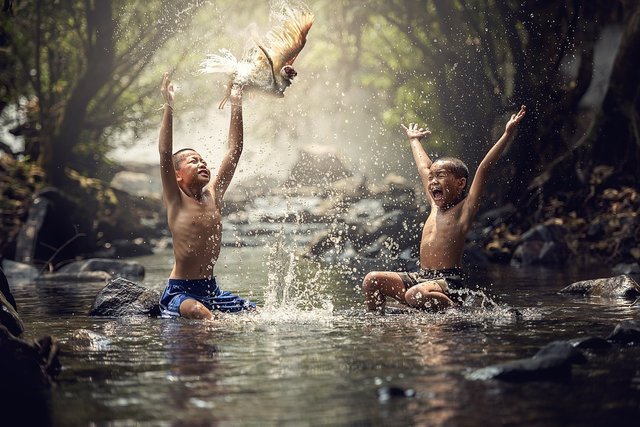
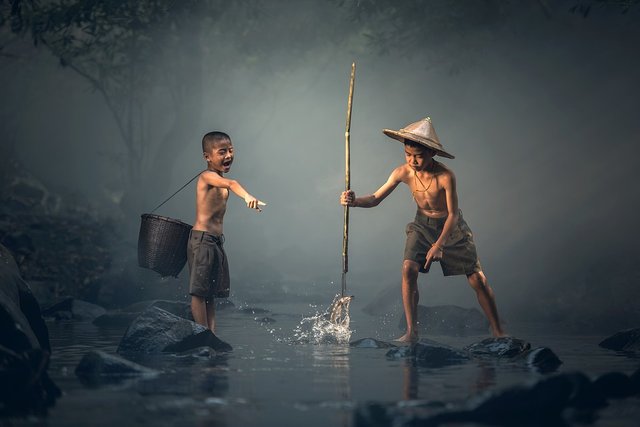
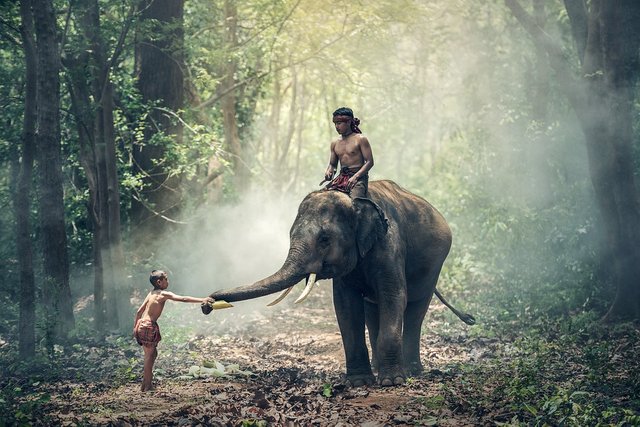
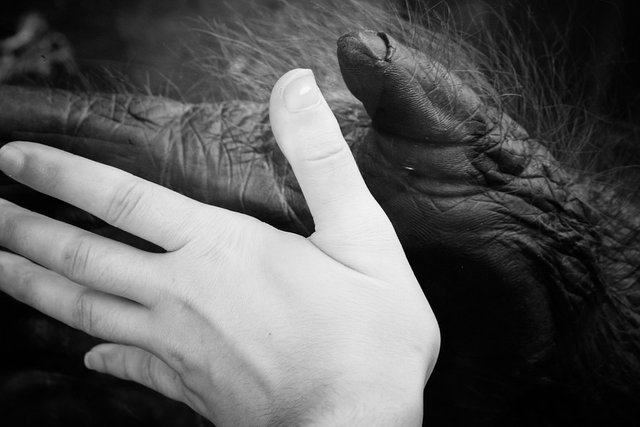
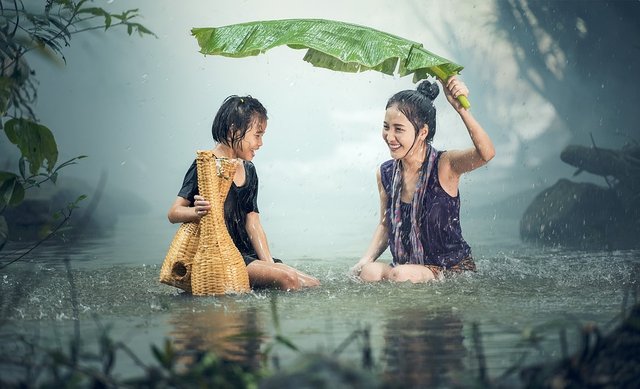
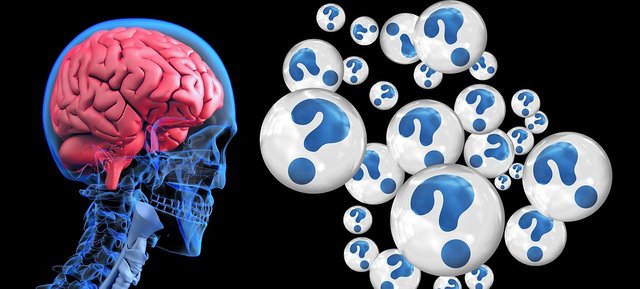
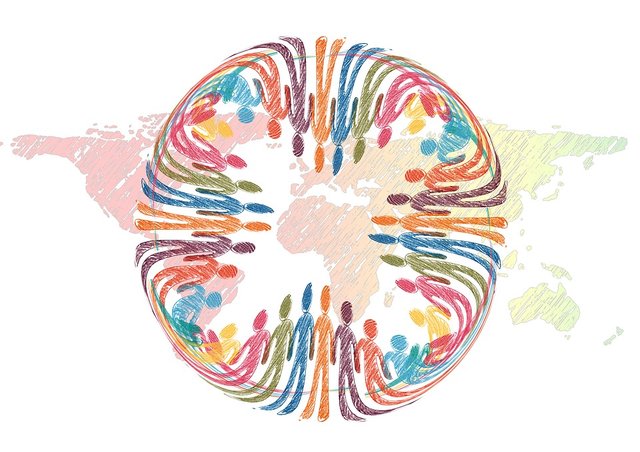
You received a 10.0% upvote since you are not yet a member of geopolis.
To read more about us and what we do, click here.
https://steemit.com/geopolis/@geopolis/geopolis-the-community-for-global-sciences-update-2-higher-base-votes-new-logo
If you do not want us to upvote and comment on your posts concerning earth and earth sciences, please reply stop to this comment and we will no longer bother you with our love ❤️
Another Amazing post, @zest! This post finally helps me to articulate the answer to a question that has profound implications in the study of ethics and morals. It has been posed by some that some animals are more persons than some humans. This logically leads to some very disturbing conclusions if it were true. Thanks to this post, I’ve realized that humans and animals are fundamentally different because humans are the only species that is able to manipulate all aspects of its environment-including having dominion over other animals and the earth in general- in order to survive.
Hi!!!
Awesome, I am glad you like this series so far, let's just hope I am able to keep up to everyone's expectations:)
I am glad that was immediately able to help you understand or uniqueness as human beings:)
Thank you for the great comment and support:)
Our social systems of now and the past are at the forefront of my interests at the moment, it's a fascinating web with all the answers to a better future already hidden and scattered throughout our history, we all just need to know where to look and read and how to interpret different cultures. But as you said, it's about how all the different people interpret things and so we have and will always have a long way to go to get the that ideal harmony existence.
But technology has caused our evolution to rapidly progress compared to most other aspects of nature. It seems the mind evolves on a daily basis, and quickly so in these modern times. Evolution for humans is no longer about breeding... well, it is a bit, but the changes we make as a species are an every minute of every day occurance by the same people that were alive the day before. It's beautiful indeed to be alive in this time in space :D
Also I listened to a guy called Niall Ferguson on the news the other day and he seems to be on the ball about this stuff, he haswritten a book called "The Square and the Tower" I have it on my shelf but havent yet had a chance to read it but it looks like it will be a very interesting read! I would recommend it to you based on my feelings, and they're hardly ever wrong ;)
Another interesting post as usual :) Nice one
Hi @grottbags!
I delayed my response to until the next part was finished, which I think you might enjoy.
Thank you sincerely for the brilliant comment and support:)
I look forward to reading more from your brain! :D
Nice piece buddy.
There's a particular thing I feel about the concept of adaption. Even though people perceive and react to changes in their environment differently, this reaction is more generally based on the environment, not the individual perceiving the changes.
I could be wrong though.
This is an amazing piece buddy.
Hi Sam!!!
Thank you buddy for the comment and support!
Unfortunately, the environment is the constant but the human beings mentality is the variable which changes:)
Thanks a lot buddy for the kind response
These kinds of Blankets and Coats have also reduced our Resistance power and harmed our Immune system. Manipulating the Nature has led to permanent damage to nature. We have to move to new systems which are environment friendly and try to conserve our nature.
Hi!!!
Thank you the comment and support.
I agree with you that we as humans need to become way more environmentally friendly to have a better future:)
Such an amazing post! Thanks for sharing
Thank you!!!
Very impressive and enormous work
thanks for your information